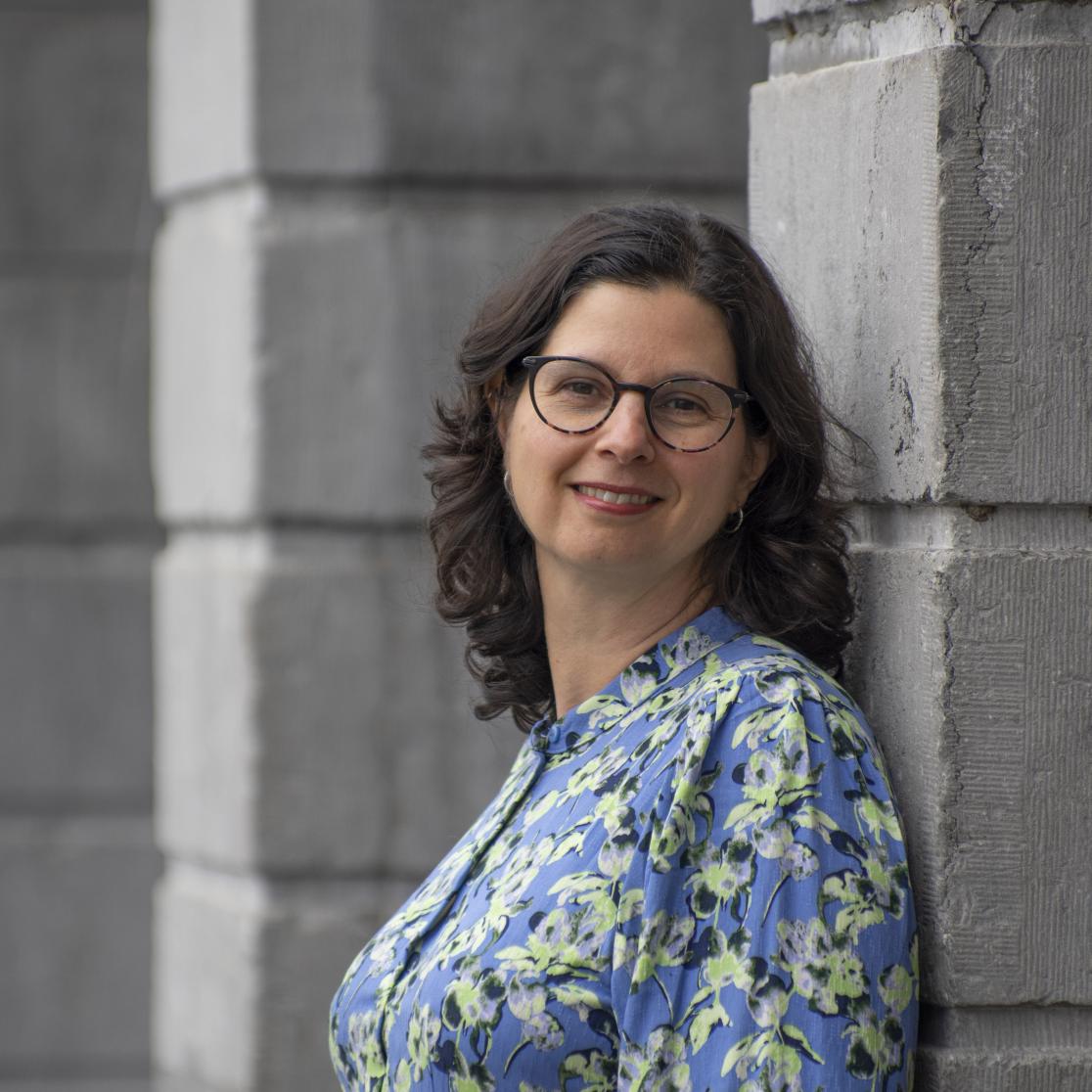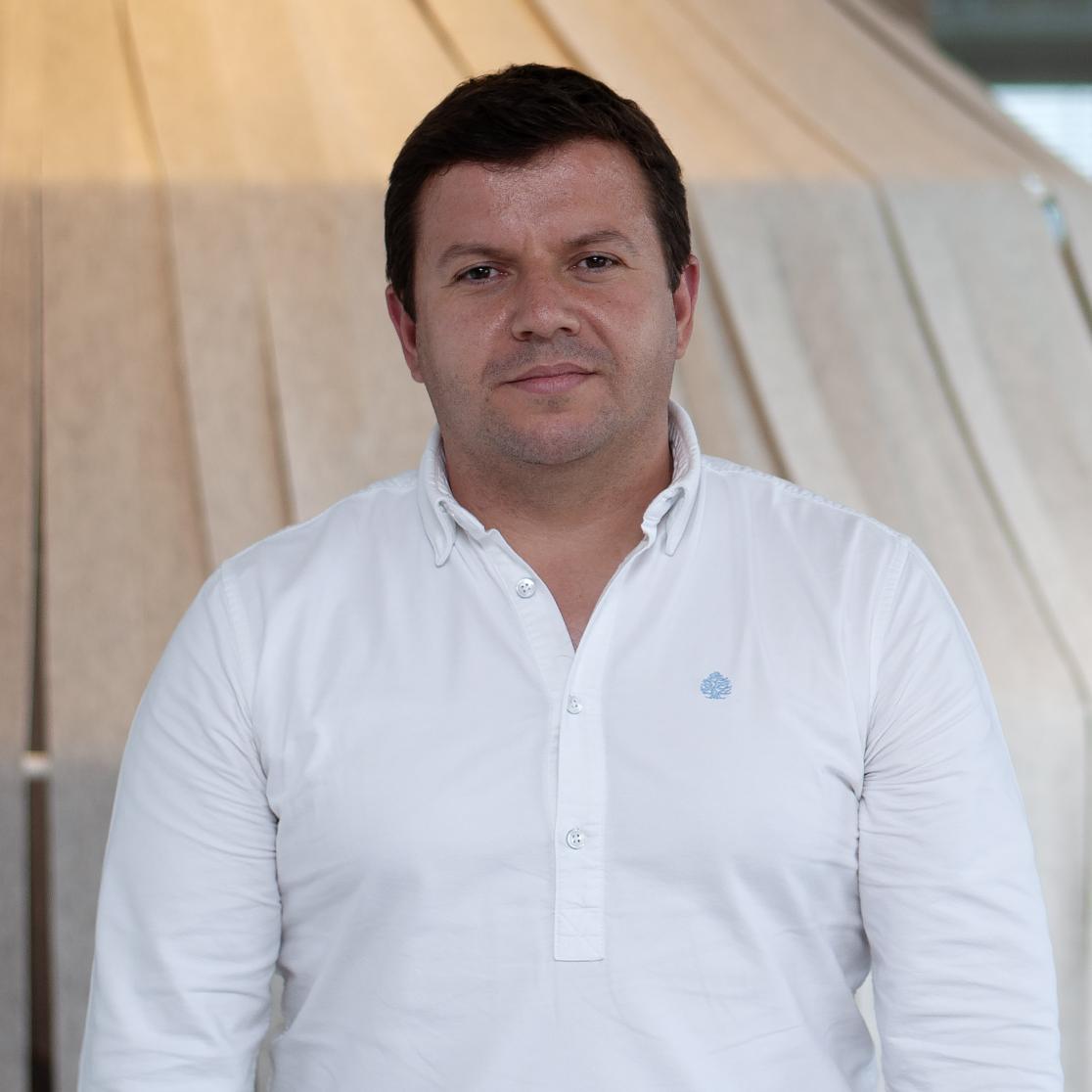Prestigious European grant for two UM researchers
Two researchers from Maastricht University (UM) have received a prestigious ERC Consolidator Grant from the European Research Council. This will allow them to set up a scientific research team in the coming years for studies on bioprinted models of a human kidney and on female guest workers from southern Europe who came to north-western Europe in the second half of the 20th century. The Maastricht scientists will receive more than €2 million each. Their funding is part of the EU Horizon Europe programme.
Brigitte Le Normand, associate professor at FASoS, has been awarded an ERC Consolidator Grant for her project ‘Women Migrants from the Northern Mediterranean and Work in Postwar Northwestern Europe’ (FeMMiWork). The common belief about postwar migration in Europe is that it was predominantly men who moved from southern Europe to work in the booming economies of northwestern Europe. However, this assumption is incorrect – women made up 25-30% of these migrants. Despite this, their contributions have been largely erased by policymakers and forgotten by researchers who portrayed labour migration as a male phenomenon. This oversight has led to the misconception that the ‘feminisation of migration’ is a recent trend.
Women’s work experiences during this period were shaped by gender relations. Their labour was often invisible because many women were classified as dependents, and also because many worked informally, doing work like house cleaning. Correcting this skewed narrative requires not just acknowledging women who worked in factories but also redefining what counts as labour migration to include informal contributions.
To address this gap, Brigitte’s research project will create a ‘counter-archive’ using documents, oral histories, and creative writing to reconstruct the experiences of women migrants from Italy, Yugoslavia, and Turkey. Using a transnational lens that includes countries of origin and destination, the study will focus on their lives in France and West Germany between 1955 and 1985, exploring how gender, ethnicity, and nationality shaped their work and migration experiences.

Carlos Mota, assistant professor at the MERLN Institute (FHML), has been developing new in vitro models to study kidney diseases. His ERC-funded project, titled NEPHRON, aims to create a mature in vitro kidney model using advanced bioprinting technologies combined with organoid knowledge.
“I am excited to give continuity to my research where I combine engineering and biology to achieve advanced functional and physiological kidney models. In this project I will combine different bioprinting techniques that will enable the development of key structures such as vasculature, which are crucial for promoting the maturation of kidney organoids as an advanced in vitro model. The integration of these modules on a microfluidic platform will allow precise control of organoid perfusion and long-term cultures.
With the NEPHRON project I expect to significantly advance our understanding of bioprinting functional kidney units. The envisioned improved in vitro model will be essential to study kidney development, disease, and regeneration. Ultimately, this research could lead in the future to alternative therapies and pave the way for the future possibility of bioprinting fully functional organs.”
Read more about the work of Carlos Mota in this interview.

Also read
-
Two Maastricht studies in the race for the Klokhuis Science Prize: vote now!
Living brains in a laboratory and research on internet freedom –two of the ten nominees for the Klokhuis Science Prize this year are UM scientists. And you can also vote!
-
KNAW Early Career Award for Marielle Wijermars and Christian Herff
Marielle Wijermars and Christian Herff will receive this year's KNAW Early Career Award. The Award is intended for researchers in the Netherlands who are at the beginning of their careers and who have innovative, original ideas.
-
UM researchers successful in ZonMw Open Competition
Four Maastricht research teams are starting their projects funded with money from the Open Competition of grant provider ZonMw. In addition, a Nijmegen research team has been awarded, which includes Harro van Lente, professor of Science and Technology Studies at Maastricht University (UM).